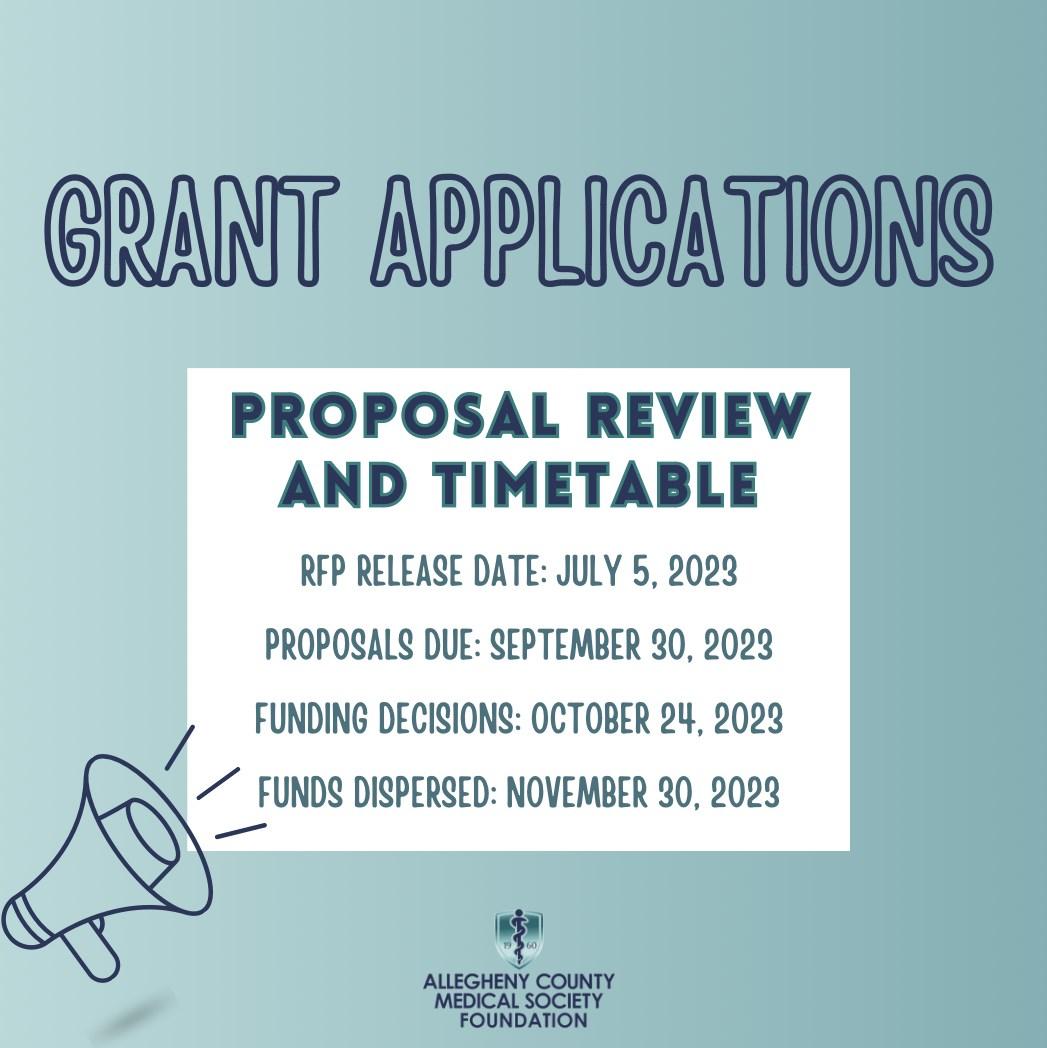
1 minute read
The Great Renaissance: Generative AI’s Moment is Now, But Do New Solutions Really Deliver?
by TEAM
Giving and getting healthcare will always require conversations. How those conversations are documented and recalled by patients or clinicians is intriguing, because medical documentation hasn’t significantly changed much over the last 100 years. Until now.
Today, AI companies are very much in the business of disrupting the status quo of how clinicians document medical encounters. Big benefits are touted: lower clinician burnout, greater job satisfaction, and more time to spend with patients. But do they deliver on these promises? According to Hugh Sims, an individual Abridge user and ENT specialist, the answer is a responding yes: “I can’t tell you how much this program has changed my life! The lack of mental exertion to remember patients is at a 30 year low. I can concentrate on the patient. I can enjoy the charting. I’m a better listener with patients. Overall, my happiness has increased!”
Advertisement
Abridge is building a solution for providers by providers. Through his experience as a cardiologist, Abridge’s co-founder and CEO, Shiv Rao, saw opportunities to improve the gap between medical conversations and what happens next.
Shiv Rao, a Pittsburgh-based cardiologist, and CEO and co-founder of Abridge, a Pittsburgh-based company, was never driven by AI hype, but rather aimed to address the pervasive problem he saw in his own clinic: physician burnout. Every clinician understands the ways in which patient conversations can be overshadowed by the mountain of notes they have to take during, or after, the visit. Founded on Carnegie Mellon University roots, Abridge’s research and proprietary data set of 1.5 million medical encounters culminated in the firstpublished and first-to-market AI system for generating SOAP note drafts. Today, Abridge’s AI accurately summarizes conversations between doctors and patients, saving clinicians over 2 hours per day on documentation and giving them the autonomy to focus more on the practice of medicine.

Because medical conversations are high-
Final Thoughts
We barely go a day without seeing new stories about clinician mental health woes or leaving the sector altogether as a result










